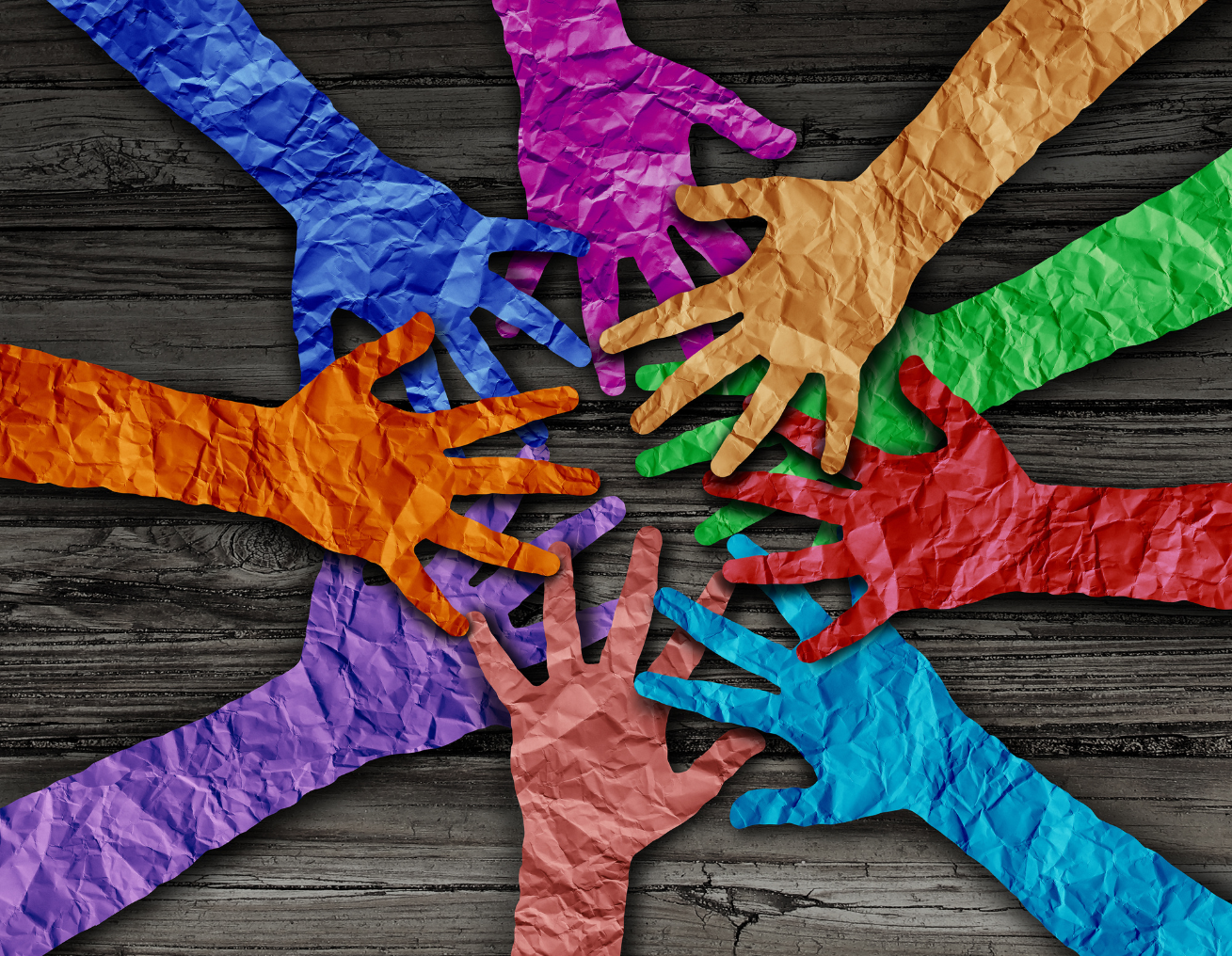
In the realm of mental health, the conversation often revolves around the importance of seeking help and breaking down the stigma associated with mental illness. However, there's a critical aspect that often goes unnoticed - the need for inclusivity in therapy, especially for marginalized communities. Understanding the Marginalized Before we delve deeper, let's first understand who the marginalized are. Marginalized communities are groups of individuals that society pushes to the edges, making them feel insignificant or peripheral. These communities often face systemic discrimination, leading to limited access to resources, including mental health services. The Mental Health Disparity Mental health is a universal concern, affecting people from all walks of life. However, the marginalized often bear a disproportionate burden. They face unique stressors, such as discrimination, poverty, and social exclusion, which can exacerbate mental health issues. Despite this, they are less likely to have access to mental health services. This is where the role of inclusivity becomes paramount. The Role of Inclusivity in Therapy Inclusivity in therapy means ensuring that mental health services are accessible, respectful, and responsive to the needs of diverse individuals. It's about recognizing and valifying the unique experiences of marginalized communities. It's about creating a safe space where everyone, regardless of their background, feels seen, heard, and understood. Inclusivity is not just about opening the doors of a wellness center to everyone. It's about ensuring that the clinicians are culturally competent and that the therapeutic approaches are tailored to the unique needs and experiences of each individual. The Falls Church Wellness Center: A Case Study in Inclusivity The Falls Church Wellness Center serves as an excellent example of inclusivity in action. The center is committed to providing comprehensive mental health services to diverse communities. Their team of clinicians is trained in multicultural competence, ensuring that they can effectively work with individuals from various backgrounds. The center also recognizes the importance of community outreach. They work closely with local organizations to raise awareness about mental health and to make their services more accessible to marginalized communities. The Way Forward Inclusivity in therapy is not a luxury; it's a necessity. It's about acknowledging the systemic barriers that marginalized communities face and working to dismantle them. It's about empowering individuals to seek help and ensuring that when they do, they receive the care they need and deserve. As we move forward, we must continue to advocate for inclusivity in therapy. We must train more clinicians in multicultural competence and invest in community outreach. We must ensure that mental health services are not just available, but also accessible and responsive to the needs of marginalized communities. Inclusivity in therapy is not just about improving mental health outcomes. It's about promoting social justice and equality. It's about creating a society where everyone, regardless of their background, has the opportunity to thrive.
